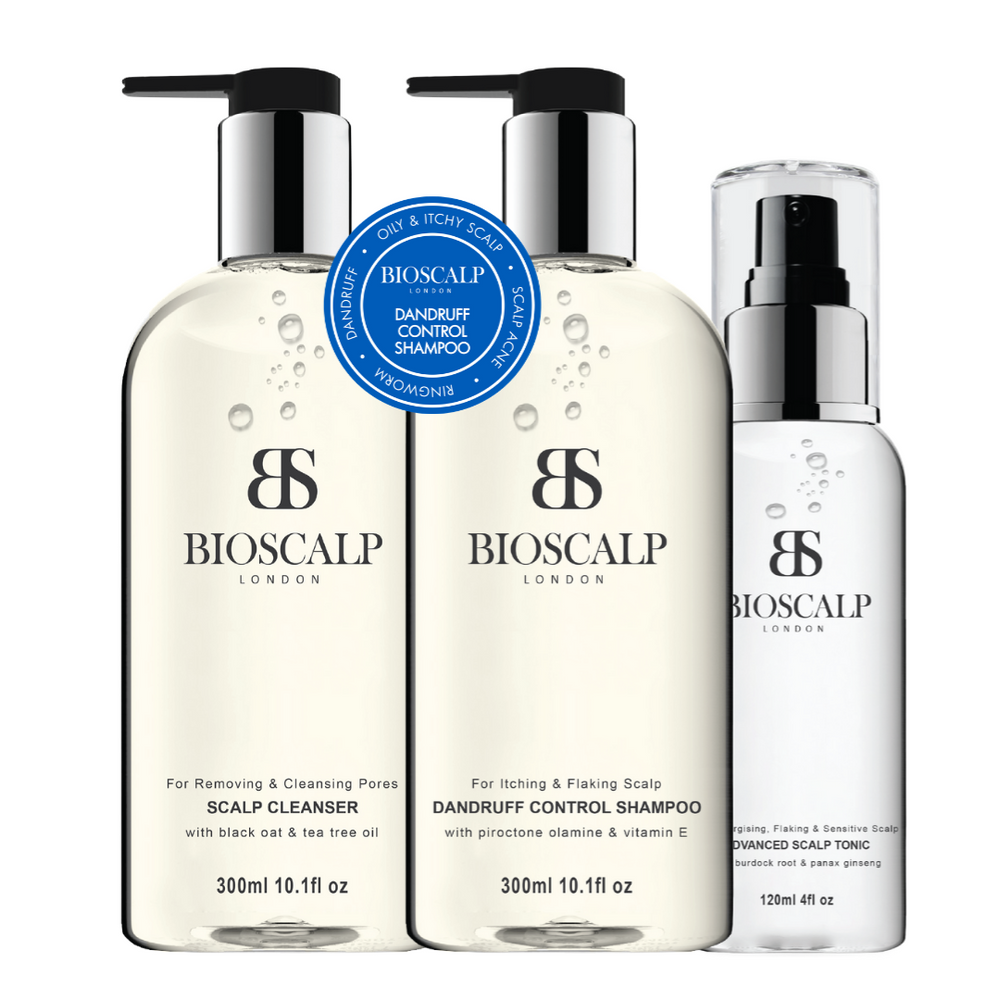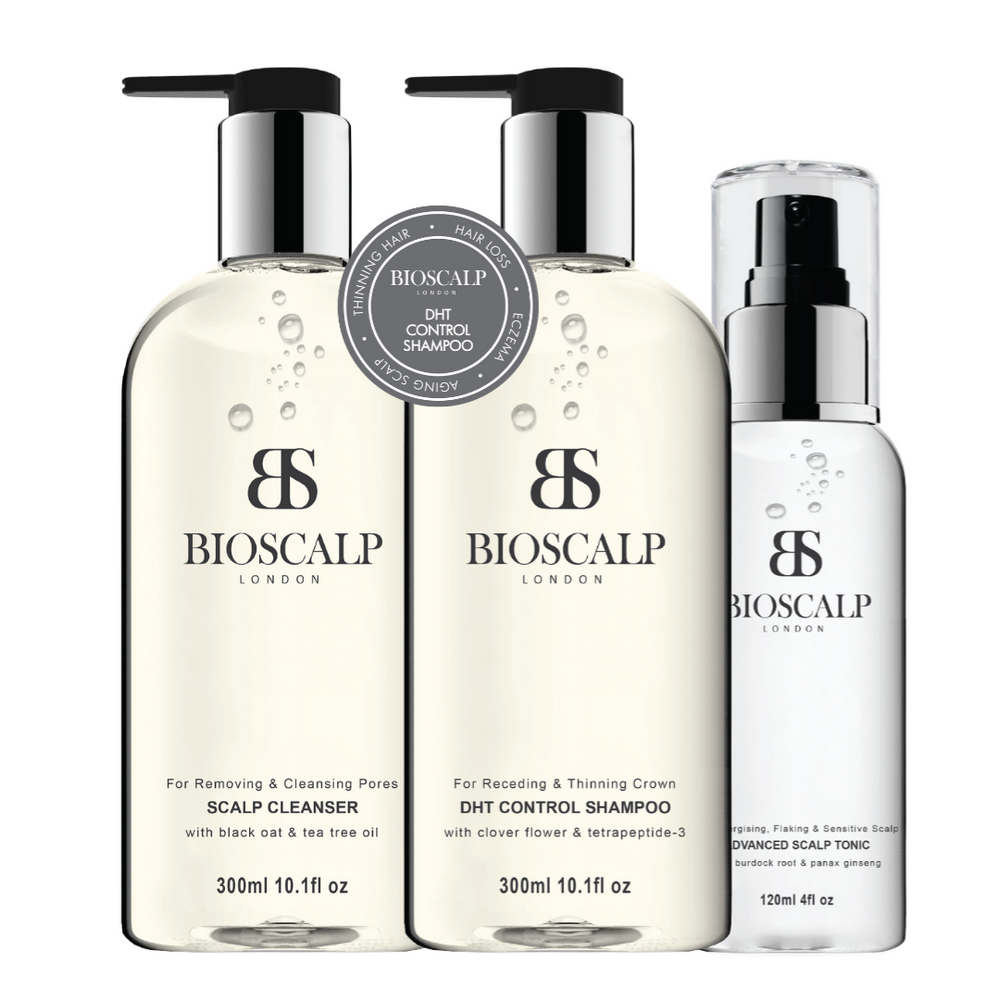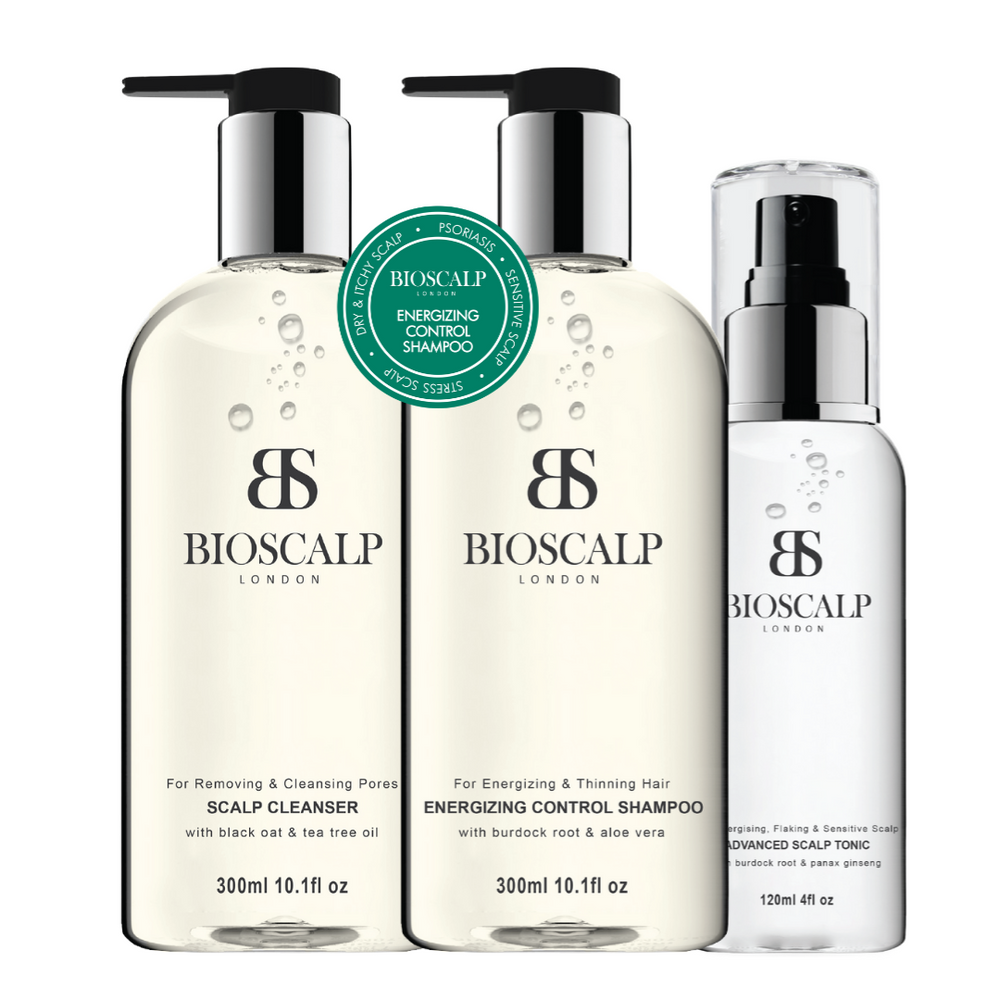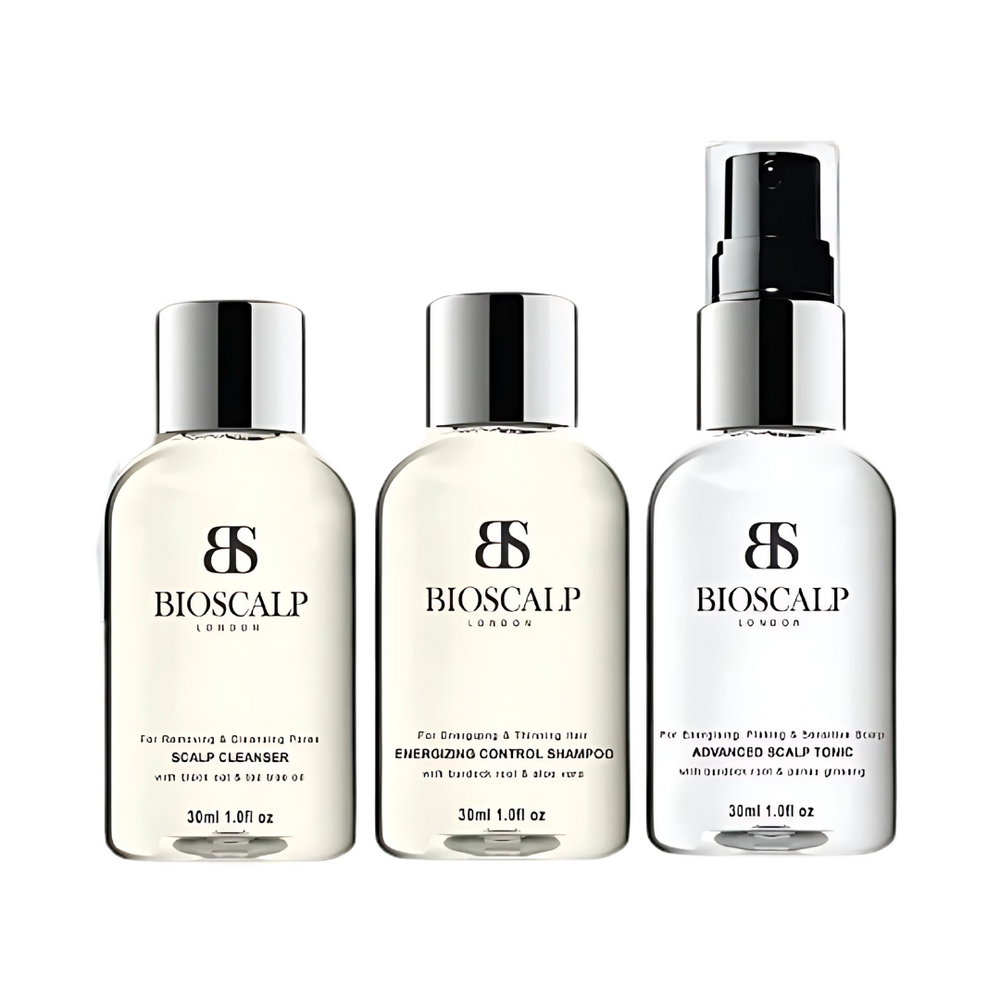Dandruff is a common scalp condition that causes itching and flaking, but many people wonder if it can lead to hair loss. While the relationship between dandruff and hair loss isn’t straightforward, the connection lies in how dandruff affects scalp health and how underlying conditions may contribute to hair thinning or shedding. Let’s dive deeper into this topic to understand the causes and remedies.

The Truth: Dandruff Does Not Directly Cause Hair Loss
Contrary to popular belief, dandruff itself is not a direct cause of hair loss. However, the effects of dandruff on the scalp and the conditions associated with it can indirectly contribute to hair thinning. For instance, chronic dandruff often results from underlying issues like seborrheic dermatitis, a condition characterized by inflammation and excessive oil production. Over time, this inflammation can weaken hair follicles and potentially lead to hair shedding.
How Dandruff Contributes to Hair Loss
Inflammation and Follicle Weakening
Dandruff-related inflammation can irritate the scalp, creating an environment that is less conducive to hair growth. Overactive sebaceous glands or fungal overgrowth (like Malassezia) can worsen irritation, causing damage to the hair follicles.
Scratching and Follicle Damage
Persistent itching caused by dandruff often leads to excessive scratching. This repetitive action can injure the scalp, damage hair follicles, and in severe cases, result in scarring. Over time, this can lead to localized hair thinning or shedding.
Underlying Conditions
Conditions such as scalp psoriasis, folliculitis, or lichen planopilaris are often associated with dandruff and hair loss. These disorders cause significant inflammation and disrupt the normal function of hair follicles, leading to noticeable thinning or patchy hair loss.
Scalp Health: The Foundation of Healthy Hair Growth
A healthy scalp is essential for maintaining strong and vibrant hair. Dandruff disrupts the scalp’s microbiome, leading to imbalances that can hinder the growth of healthy hair. Ensuring proper scalp care is critical for reducing flaking, irritation, and the potential risk of hair loss. When dandruff is managed effectively, the scalp becomes a more favorable environment for hair follicles to thrive.

Treatment Options to Address Dandruff and Hair Loss
Medicated Shampoos
Shampoos containing ingredients like zinc pyrithione, selenium sulfide, ketoconazole, or salicylic acid are highly effective in treating dandruff. These formulations reduce fungal growth, control oil production, and soothe inflammation, which can indirectly support better hair health.
Scalp Hygiene
Maintaining clean and healthy scalp conditions is essential. Regularly washing your hair with the right products can minimize buildup, control oil levels, and prevent irritation caused by dandruff.
Diet and Hydration
A diet rich in essential nutrients like zinc, vitamin B, and omega-3 fatty acids can promote scalp health. Staying hydrated also ensures that your scalp remains moisturized, reducing flaking and dryness.
Consulting Professionals
If dandruff persists despite over-the-counter treatments, or if you notice excessive hair loss, consult a dermatologist. A specialist can identify the root causes of your symptoms and recommend targeted treatments, such as topical corticosteroids or oral medications.
![]()
The Protective Role of Scalp Treatments
Beyond treating dandruff, nurturing your scalp with soothing oils like tea tree or coconut oil can reduce irritation and improve overall scalp health. Scalp massages with these oils may also enhance blood circulation, promoting hair growth.
Conclusion: The Dandruff and Hair Loss Connection
While dandruff doesn’t directly cause hair loss, the inflammation, itching, and underlying conditions associated with it can negatively impact hair health. Addressing dandruff effectively through medicated shampoos, proper scalp care, and a balanced diet can help alleviate symptoms and create a supportive environment for hair growth. For persistent concerns or significant hair loss, professional advice is key to uncovering the root cause and finding the best treatment options. By taking proactive steps, you can manage dandruff and maintain healthier, stronger hair.








